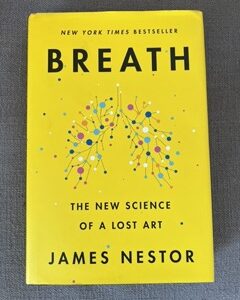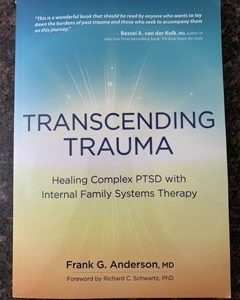Bullying is linked to long-term problems for children including poor school performance, illness, anxiety, depression, diminished self-confidence, and feelings of isolation. Charisse Nixon of Penn State University, Erie and Stan Davis, co-leader of the Youth Voice Research Project decided to conduct a survey of more than 13,000 youth in grades 5 through 12. All of these youth reported mistreatment by peers. They asked the youth what helped them and what made things worse and this is what they found:
What Does NOT Work
“What adults should not say:
” Don’t tattle and just work it out on your own.”
“Pretend it doesn’t bother you”
“Just tell them to stop it”
“Tell the other person how the behavior made you feel.”
“This wouldn’t have happened to you if you’d acted differently.”
What Works
1. Help youth acquire better coping skills and more inner resiliency.
2. Help mistreated children or adolescents create more
hopeful and optimistic narratives about their lives.
3. Help mistreated kids build growth-minded thinking.
4. Teach skills for self-calming.
5. Help mistreated adolescents expand support networks and
“find their passion” by discovering and pursuing deeply engaging
hobbies or interests.”
I often work with teens who experience bullying and adults who have experience bullying in the past. I see the long-term consequences in my clients. It is essential that bullying is addressed, discussed and stopped by parents, teachers and principles. To view the full article, please click the link below.
Article Source: The Truth About Bullying, www.psychotherapynetworker.org






